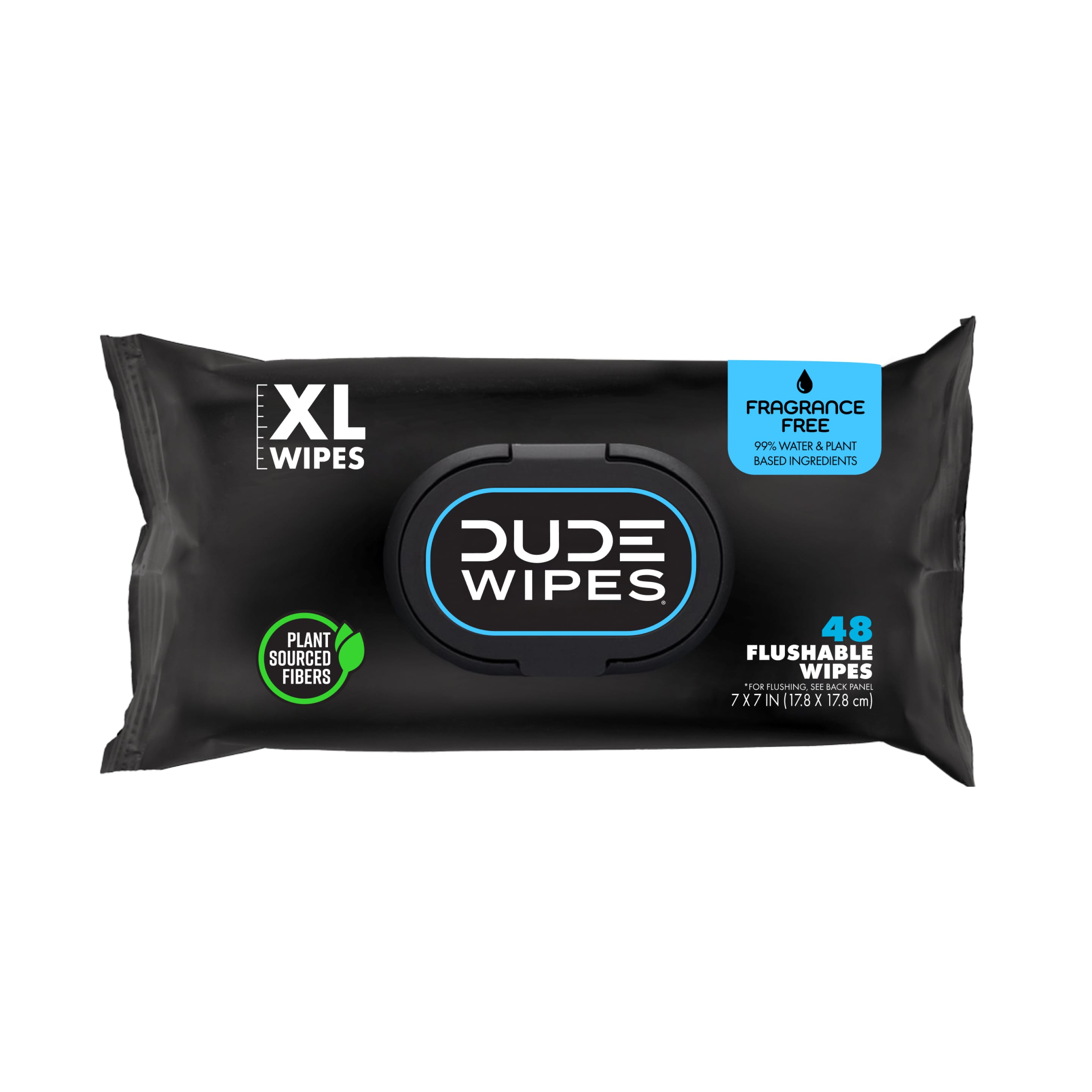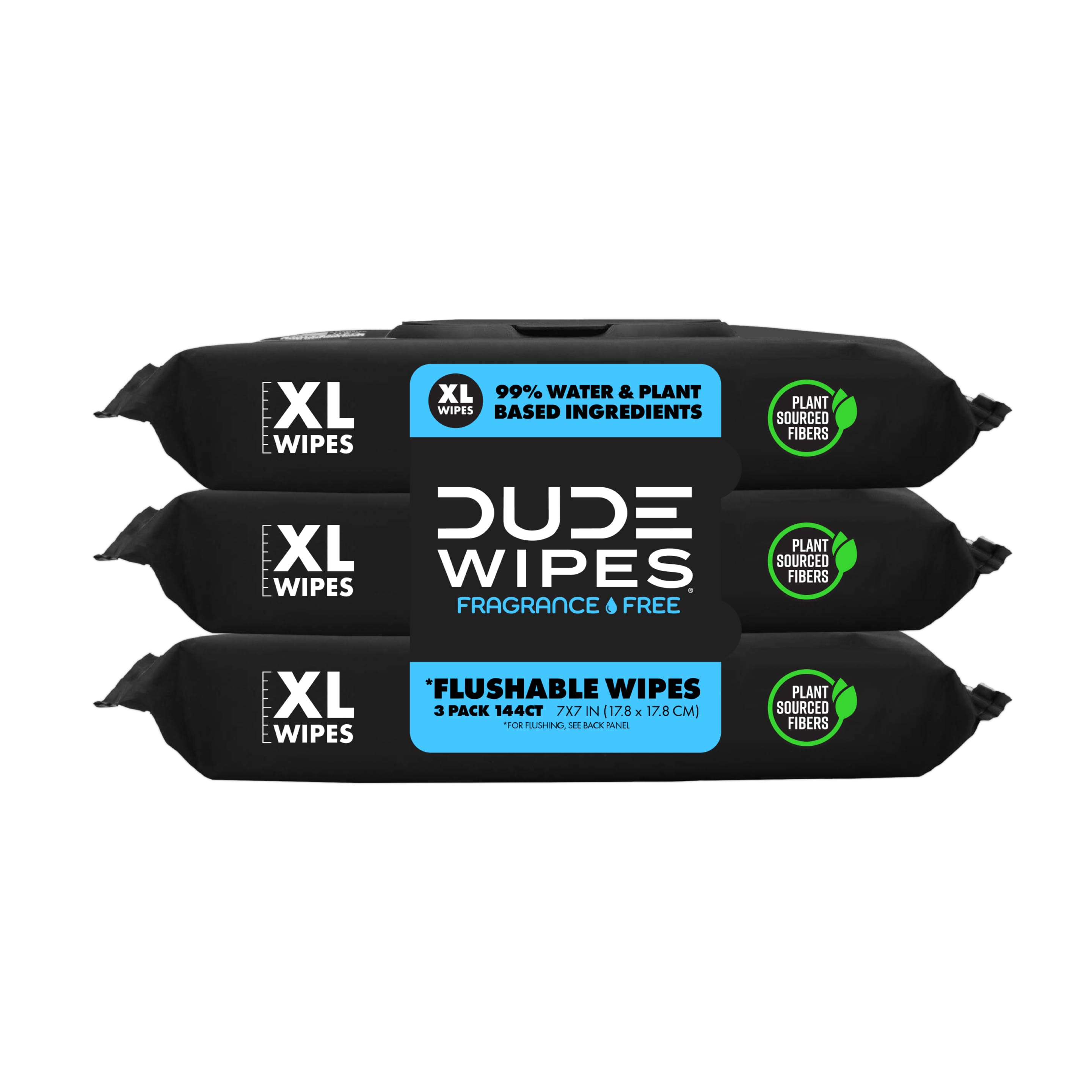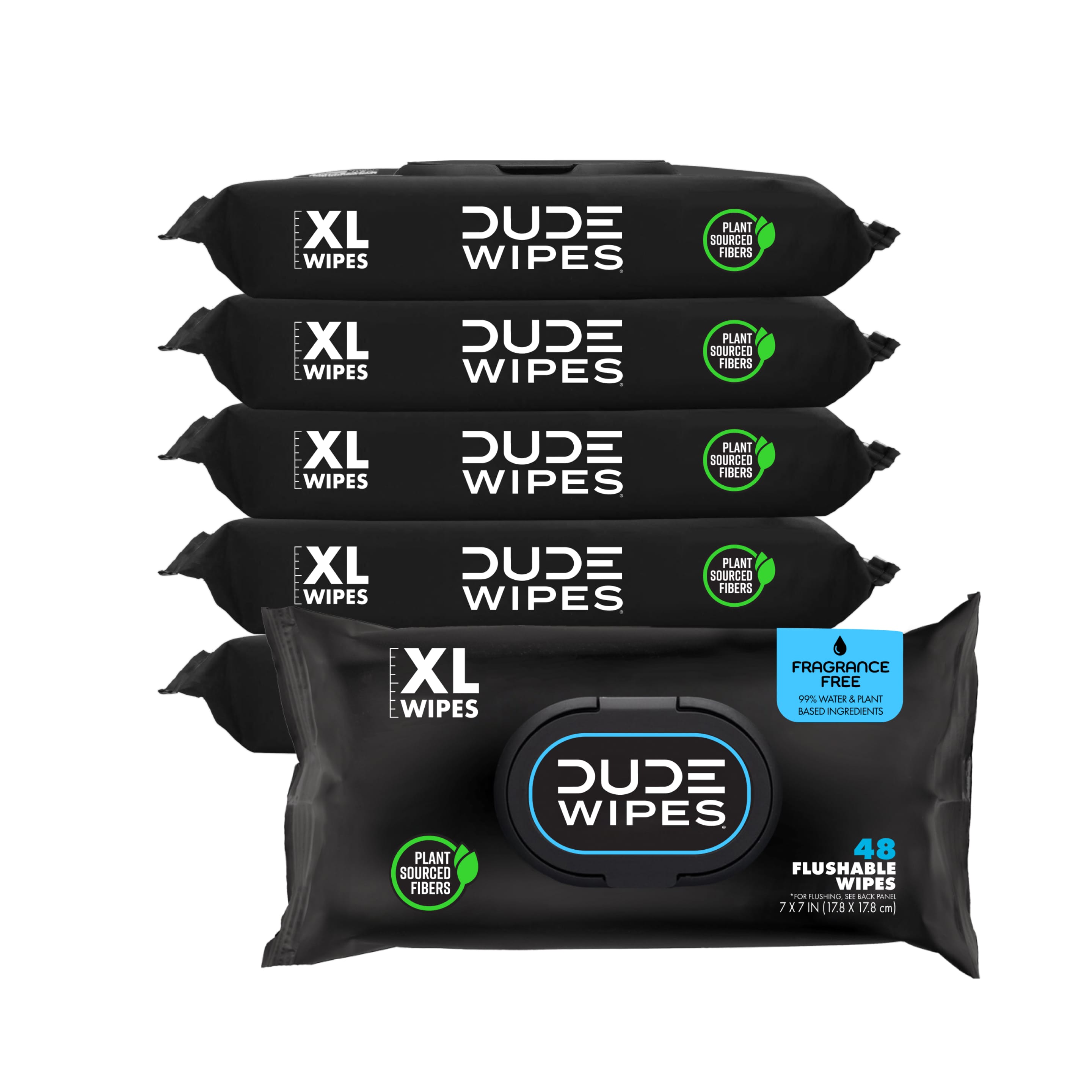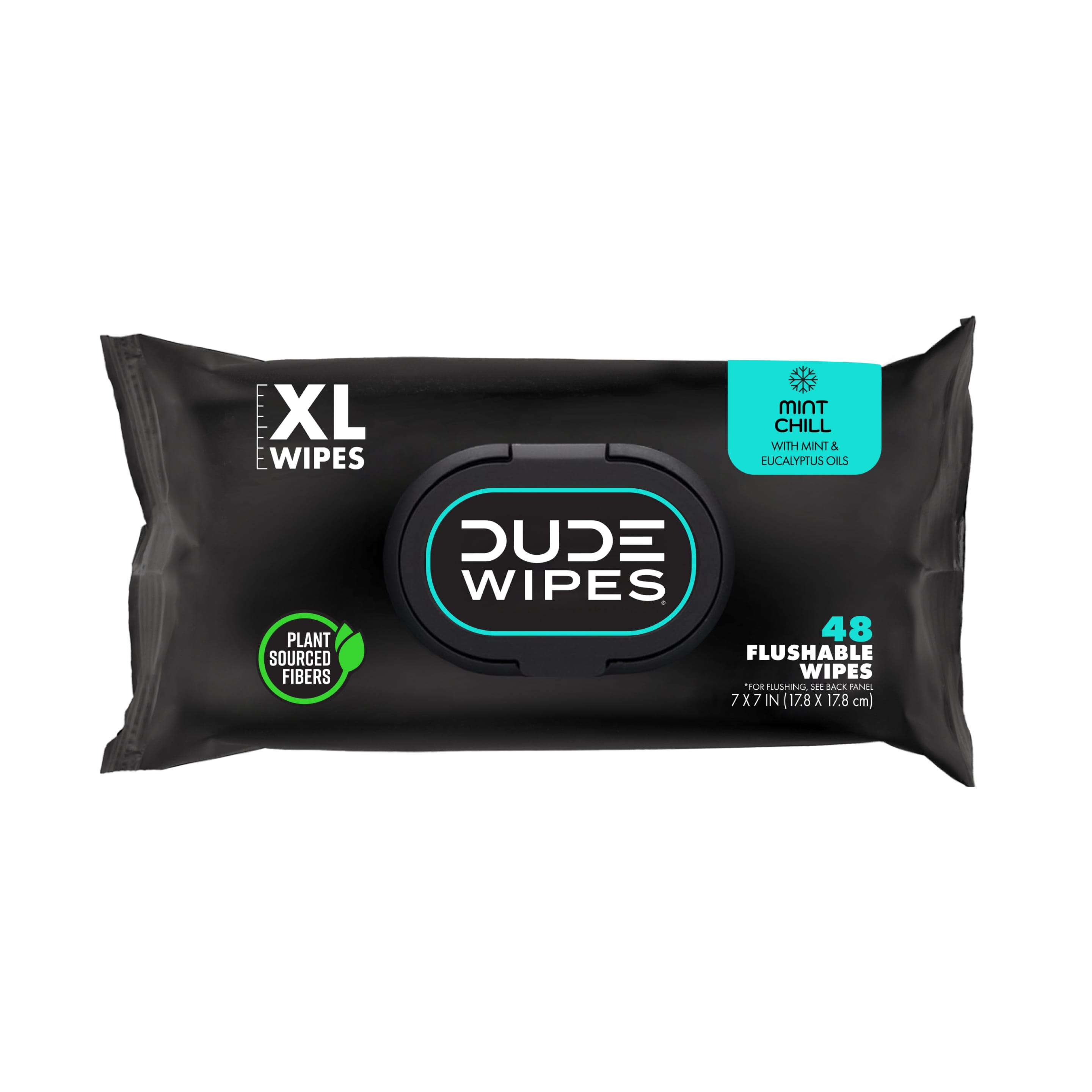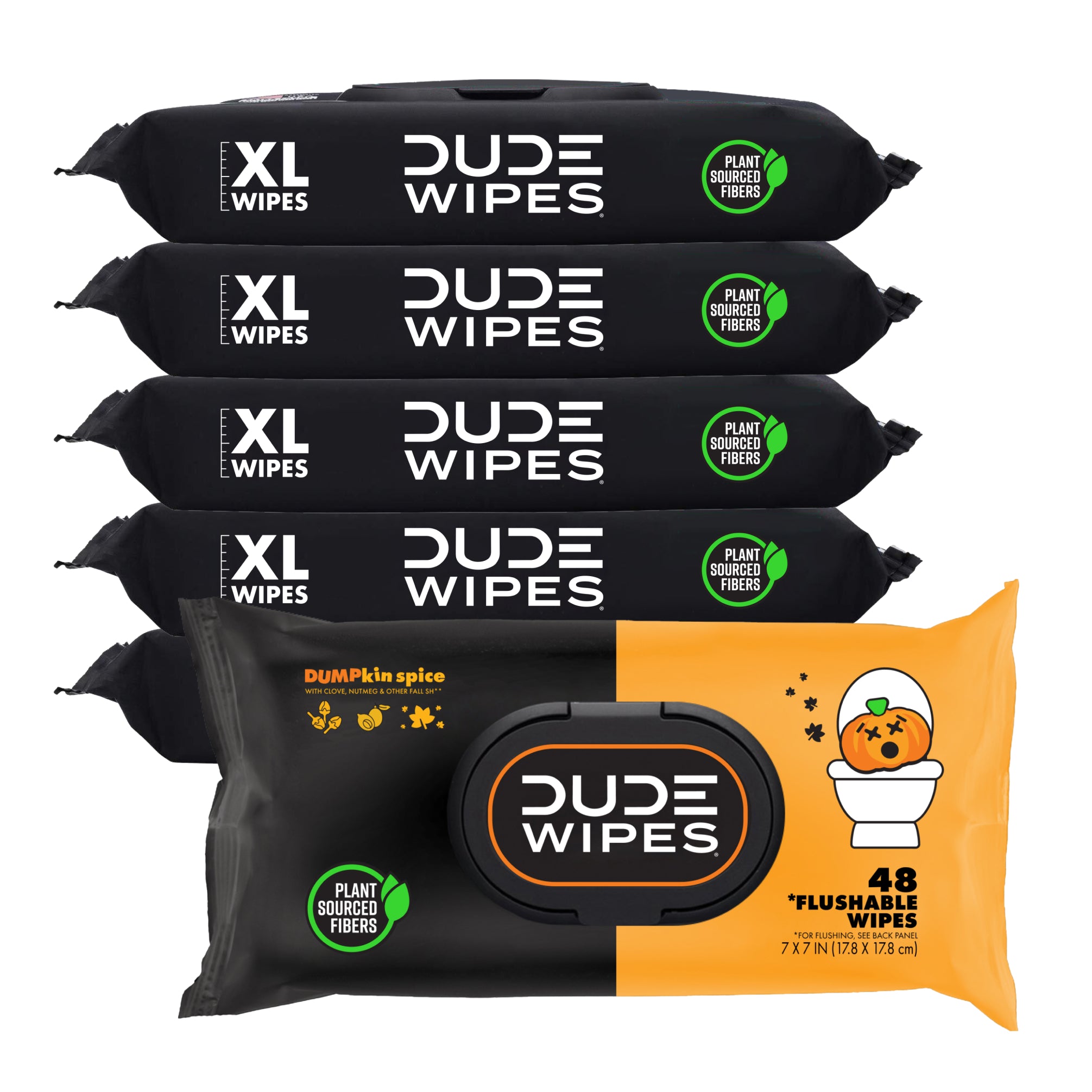New Year's resolutions suck. Not only do they suck, but they're incredibly ineffective.
- 45% of people make New Year's resolutions, yet only 8% follow through on them.
- US News has reported 80% of people who set New Year's resolutions don't meet them.
- According to time management firm Franklin Covey, one-third of people who make New Year's resolutions quit before the end of January!
New Year's resolutions are such a bad idea that people have created Ditch New Year's Resolution Day on January 17, where people drop all of the unrealistic, vague resolutions they set less than three weeks prior.
The entire gym industrial complex is run on the fact that a ton well-meaning people will sign up for memberships at the beginning of the year, stop showing up, and forget to cancel their membership.
So why do New Year's resolutions have such a high #FAIL rate?
- A long time horizon. You're giving yourself a year to meet a goal. That gives you a preposterous amount to time procrastinate. You have 12 months to lose 20 pounds! You an always start hitting the gym next week...
- Vague objectives without a finish line. Wanting to read more is great, but why? And how are you going know if you're reading more? We're not saying you should read a book a day so you can brag about being a man of learned words. But you should have a fixed, specific goal in mind to know if you're actually, you know, improving your life.
- Unrealistic goals. We're all told to reach for the stars, but doing so has A LOT of downside. When we don't accomplish a pie in the sky goal, we get discouraged and beat ourselves up for failing. Instead, we should be thinking of an absolute minimum we can do, especially if you're starting something new.
So what should you do instead? Don't be dumb, be SMART. SMART is an acronym for specific, measurable, achievable, relevant, and time-bound.
I can see you rolling your eyes, but here's the thing: setting goals using SMART will make you much more likely to actually do the stuff you've been saying you want to do for years.
Specific: You want to exercise more. OK, well what training program are you going to do? How many times a week are you going to workout? Also, why are you exercising, to lose weight, improve your mental health, or get jacked? No matter what your goal is specific allows you to focus that one thing you need to get done today.
Measurable: You want to read more. Does this mean a certain number of hours a week? Four books a month? 30 minutes before bed? You don't have to be anal about it, but being vague is your enemy here.
Achievable: This is where a lot of goals go to die. When we set goals, we're optimistic and excited, thinking we can rule the world. We tend to overlook obstacles that may slow us down. It's always better to undersell and overdeliver. You'll be more motivated to keep going if you're hitting smaller goals rather than slaving away for a year on a big, unrealistic goal.
Relevant: Why in the hell do you want to do this in the first place? Do you want to buy a condo because you just went to your boy's new place over the holidays? If you want to make more money this year, great, but you might want to ask yourself what you're going to use the money for first. Make sure you're setting goals for you, and not for external validation.
Time-bound: Long-term planning is fine, but having a New Year's resolution with a 1-year window is a recipe for failure. A resolution to get your dream job is great, but it's a huge goal. By breaking it down into smaller pieces, you'll have a much better chance of succeeding. Maybe you'll send out 3 outreach emails a week, or apply to 10 jobs this month. Giving yourself a shorter deadline keeps you accountable and more likely to achieve those smaller goals.
We fight getting specific with goals because it feels like we're limiting ourselves. But by getting specific, you can hold yourself accountable and have a measurable way to get better.
If you want to start a new habit, start small and make it as easy as possible to do. Make it so easy you can't say no. James Clear, author of Atomic Habits, prescribes a "two-minute rule" for starting any new habit. So if you want to read more, start by reading a page a day. If you want to workout more, make your daily goal simply walking into the gym.
People tend to lean too much on their willpower when trying build better habits and overlook changing their environment. Our willpower is limited and wears down throughout the day, but you can change your environment permanently. Here's how:
Read more? Put the new book you want to read on your bed stand.
Workout in the morning? Put your workout clothes and shoes next to your bed so they're the first thing you see in the morning.
Eat less garbage? Delete all the food delivery apps off your phone.
Take better care of your third pit? Put a pack of Dude Wipes on your throne at home.
Focus less on losing 20 pounds in a year and more on getting 1% better every day — it adds up over time. Start by eating fast food only once per week. Or start exercising by running around the block this week, then slowly build up until you've run a mile.
Becoming a better person shouldn't be super stressful. You should enjoy the process of getting better instead of beating yourself up when you don't meet crazy goals. So set some SMART goals for 2019 and ditch those New Year's resolutions. You'll thank us when you ring in 2020.




